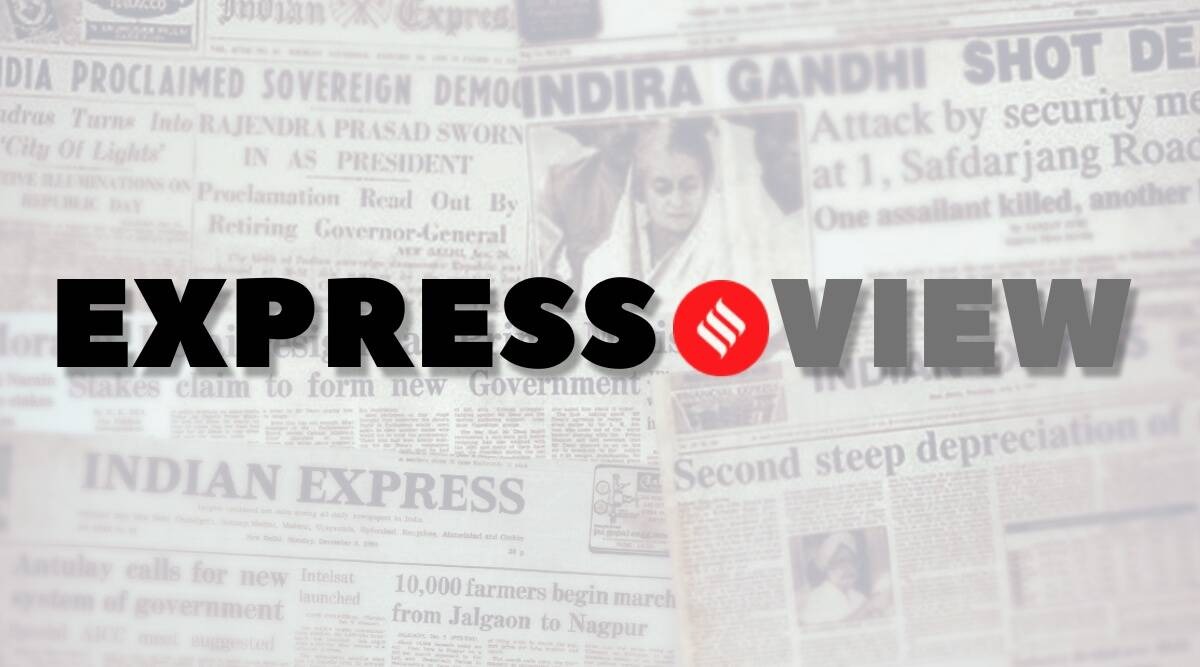 It is a matter of embarrassment that Indian football is staring at international isolation.
It is a matter of embarrassment that Indian football is staring at international isolation.In a game of smoke and mirrors, FIFA’s decision to suspend the All India Football Federation (AIFF) could lead to an immediate crisis and the move could harm India’s long-term interests. It is a matter of embarrassment that Indian football is staring at international isolation. It will also be a travesty if the players, coaches, referees and others involved in the sport suffer because of poor governance, which has led to the suspension. Steps should have been taken in time to ensure that the actions of an inept few do not affect the majority.
For months, the government, judiciary and administrators have been trying to work out a formula, including drafting of strict rules, to improve the governance of the AIFF. Many issues were ironed out but a big bone of contention, which apparently contributed to the suspension, was the inclusion of players in the AIFF decision-making process. The Supreme Court-appointed Committee of Administrators gave players a 50 per cent representation in AIFF’s executive committee as co-opted members, as against 25 per cent recommended by FIFA. The state associations, who form the AIFF, felt threatened that such a move would undermine them and opposed it. Almost immediately, FIFA stepped in by suspending the AIFF, citing third-party interference, and demanded the CoA be repealed.
For Indian football fans, it is hard not to feel let down by all parties involved. This was a chance for the AIFF, which has been ruled by two politicians for the last 34 years, to get its house in order by way of radical reforms. Barring a few, the state associations have remained dormant for decades. It can be argued that the CoA could have been more practical in its approach. And FIFA, instead of protecting its own, could have been sensitive to players’ interests. Indian football has a deep-rooted governance problem. It won’t be solved by a FIFA suspension.